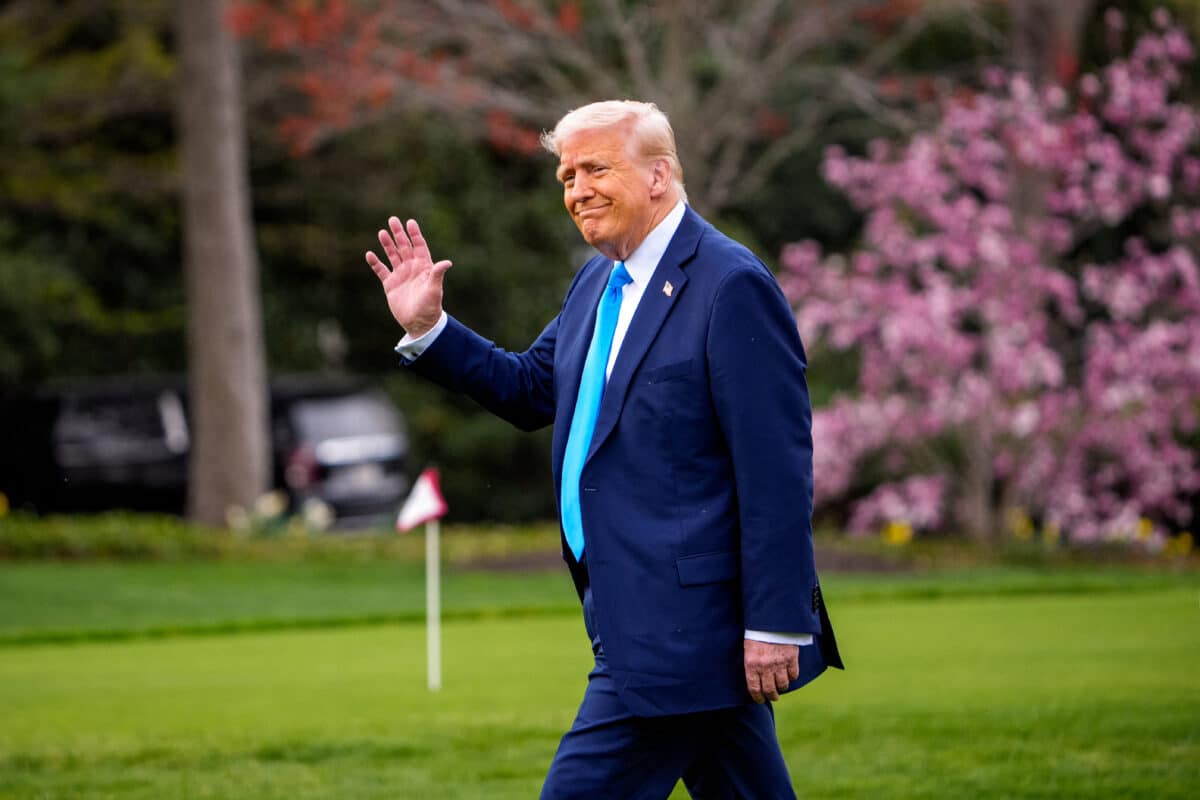
US President Donald Trump walks towards Marine One on the South Lawn of the White House on March 28, 2025 in Washington, DC. —Andrew Harnik/Getty Images/Agence France-Presse
WASHINGTON, DC — The United States on Monday imposed sanctions on Hong Kong’s police chief and five other officials over human rights concerns after China clamped down in the financial hub.
The sanctions on Police Commissioner Raymond Siu Chak-yee and the others will block any interests they hold in the United States and generally criminalize financial transactions with them under US law.
The sanctions mark a rare action invoking human rights by the administration of President Donald Trump, who has described China as an adversary but has shown no reluctance to ally with autocrats.
READ: Washington raises pressure on Venezuela oil buyers
The sanctions “demonstrate the Trump administration’s commitment to hold to account those responsible for depriving people in Hong Kong of protected rights and freedoms or who commit acts of transnational repression on US soil or against US persons,” Secretary of State Marco Rubio said in a statement.
Other officials targeted in the latest sanctions include Paul Lam, the city’s secretary of justice.
Hong Kong’s top official, Chief Executive John Lee, is already under US sanctions.
The officials were targeted in line with a US law that champions Hong Kong democracy.
The State Department also pointed to some of the officials’ roles in efforts to “intimidate, silence and harass 19 pro-democracy activists” who fled overseas, including one US citizen and four US residents.
Rubio has been outspoken on China’s human rights record dating back to his time as a senator.
In a separate action on Monday, Rubio said he was imposing visa restrictions on unspecified Chinese officials in response to denial of access to US diplomats, journalists and others to Tibet.
Rubio earlier also imposed sanctions on officials in Thailand over their deportations back to China of members of the Uyghur minority.
Beijing promised a separate system to Hong Kong when Britain handed over the financial hub in 1997.
China then cracked down hard against dissent, imposing a draconian national security law, after massive and at times destructive protests in favor of democracy swept the city in 2019. —Agence France-Presse

